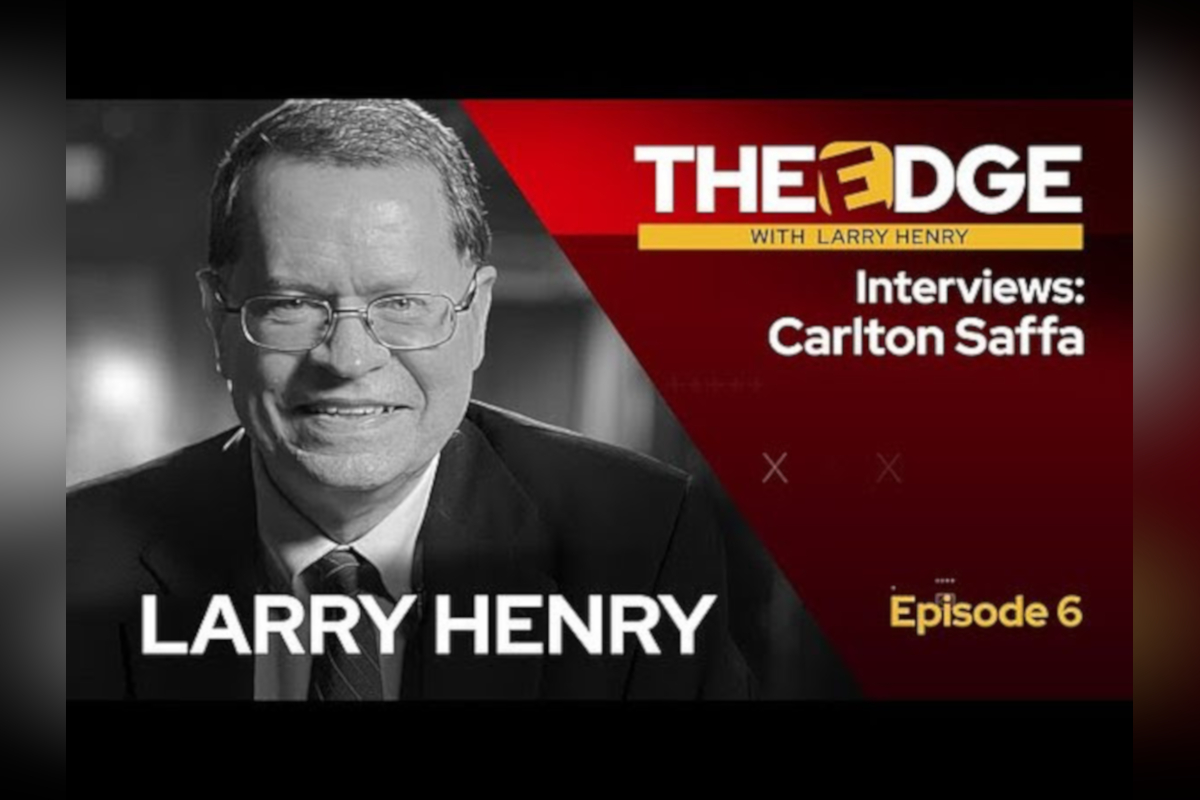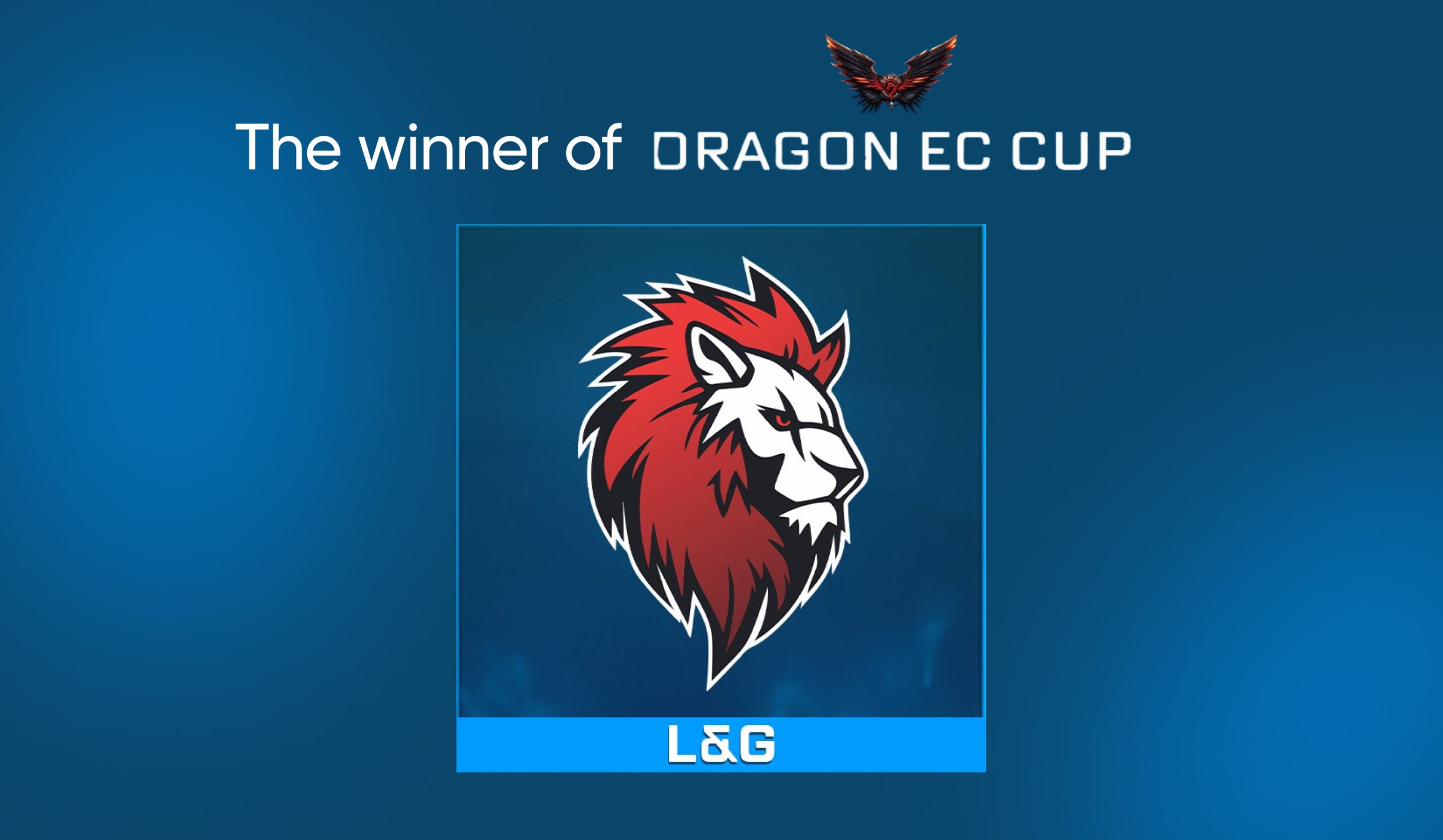
Arkansas Casino Seeks iGaming Approval
An Arkansas casino is seeking approval to operate an iGaming app, allowing people within the state to go online to play casino games such as slots, blackjack, craps and more.
On March 13, Carlton Saffa, Chief Market Officer for the Saracen Casino Resort in Pine Bluff, wrote to Arkansas Racing Commission Chairman Alex Lieblong asking for a change in the rules to allow Internet casino gambling, which is often referred to as iGaming or iCasino platforms.
On Monday, Saffa told Gambling.com he hopes to appear before the Arkansas Racing Commission on May 6 seeking approval to offer iGaming. The Arkansas Racing Commission regulates all gambling matters in the state including horse racing and casino games.
iGaming Doesn’t Hurt Bricks-And-Mortar Casinos: Saffa
Nationwide, only a half dozen states from Michigan to Connecticut offer Internet casino gambling. Arkansas would be the first in its region with iGaming, permitting users who want to log onto a computer or download an app to play traditional casino games for money. Other states in the region already offer sports betting.
In his March 13 letter to state regulators, Saffa said estimates indicate Internet casino gambling from the Saracen Casino Resort alone would generate an additional $12 million in taxes annually for the state. Internet casino gambling, or iGaming, generally raises more tax revenue than sports betting in states that have both.
However, in some states without iGaming, casino operators have fought legalization, contending customers won’t visit a bricks-and-mortar casinos and spend money at restaurants and on other amenities including entertainment and lodging if they can log onto cellphones or computers and gamble from anywhere. In his letter to state regulators, Saffa pointed to research showing iGaming doesn’t cannibalize bricks-and-mortar casinos but instead gives them ‘a lift’.
State Rule Change Required
Arkansas already allows online poker, though that has not been made available to consumers, Saffa said. He said the ability to allow iGaming would require the Arkansas Racing Commission to amend a rule to include Internet casino games in addition to the currently legal online card games such as poker.
“A solution exists by amending ARC Rule 5, which already authorizes online poker, to include other types of table games and slots,” Saffa told Gambling.com on Monday. “Doing so would provide significant tax revenues to government and, just as important, ensure that operators be held accountable by the government. Given that we have seen online operators in the fantasy sports space ignore cease and desist demands from the state, merely attempting to police the matter is not a workable solution.”
Saffa recently made a similar argument on the topic of unregulated gambling, telling Gambling.com on The Edge he opposes a ban on college player props bets, saying, “Sunlight is the best disinfectant.”
“People in Arkansas are already gambling in online casinos and those companies are not regulated or taxed by the Arkansas Racing Commission,” Saffa said Monday. “Those companies are not held to the standards the people of Arkansas set forth for operators to include that a customer must be 21.”










